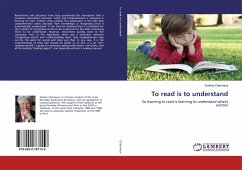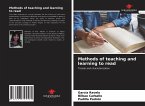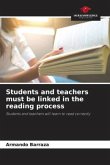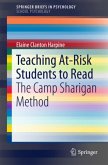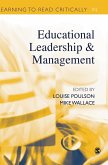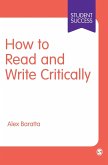Researchers and educators have long questioned the assumption that a necessary dissociation between "code" and comprehension is necessary in learning to read. Indeed, what justifies this dissociation is the idea that comprehension arises naturally from knowledge: a recognized word is automatically "understood". It can then be deduced that it is sufficient for the number of recognized words to be numerous for the texts containing them to be understood. However, researchers quickly came to the conclusion that, in this hypothesis, there was a confusion between "recognizing words" and "understanding texts", that comprehension may not be the same for words and texts and that, in any case, it is the understanding of texts that should be aimed at. In fact, it is an "anti-reading manual", a guide for teaching reading with books, real books, and all the existing "reading objects", and especially without a reading manual.
Bitte wählen Sie Ihr Anliegen aus.
Rechnungen
Retourenschein anfordern
Bestellstatus
Storno

